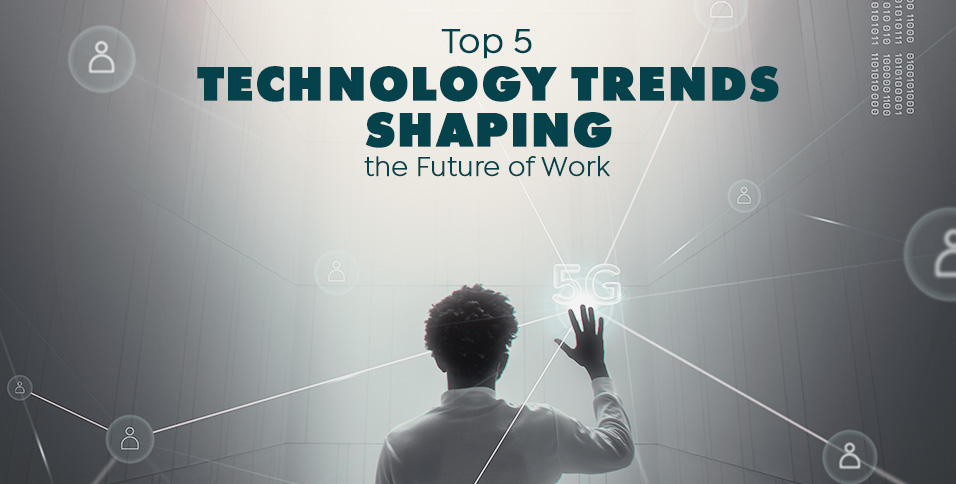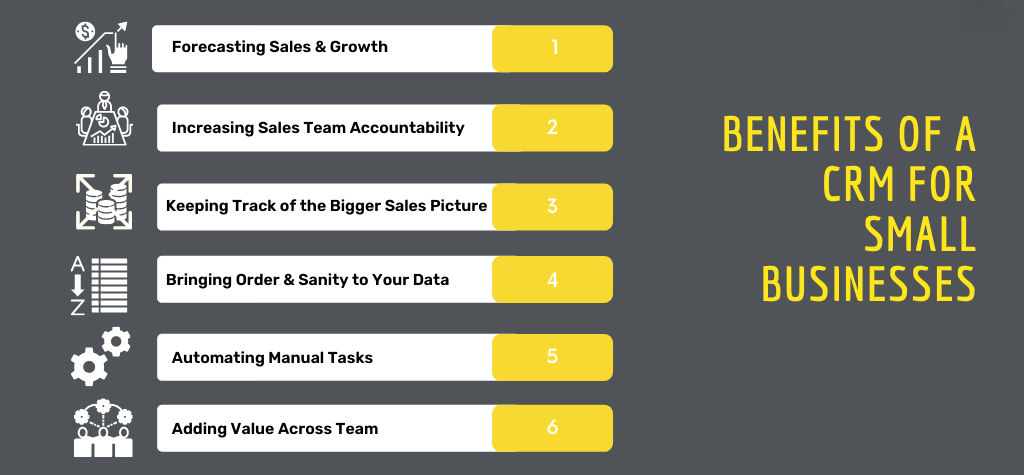The Future of AI in SaaS Development: A Revolution in Software

AI is ushering in a new era of innovation and efficiency in SaaS development. From automation and enhanced user experiences to predictive analytics and improved security, the future of SaaS is undeniably intertwined with AI. To stay competitive in this evolving landscape, SaaS providers must embrace AI-driven technologies and prioritize data-driven decision-making. The synergy between AI and SaaS promises not only improved software but also endless opportunities for businesses to thrive in the digital age.
The Software as a Service (SaaS) industry is rapidly evolving, driven by the relentless advancement of technology. One of the most transformative forces at play is Artificial Intelligence (AI). In this blog post, we'll explore how AI is revolutionizing SaaS development and shaping the future of software delivery.
AI-Powered Automation
One of the most significant impacts of AI in SaaS development is automation. AI-driven automation streamlines mundane tasks, allowing developers to focus on more creative and complex aspects of software creation. This, in turn, accelerates development timelines and reduces human error.
Enhanced User Experience
AI is enhancing the user experience in SaaS applications. From chatbots that offer instant customer support to personalized recommendations based on user behavior, AI-powered features are making SaaS products more user-friendly and engaging.
Predictive Analytics
AI-driven predictive analytics is changing the way SaaS applications operate. It enables businesses to make data-driven decisions by forecasting trends, identifying potential issues, and optimizing resource allocation.
Improved Security
Security is a paramount concern in SaaS development. AI is playing a pivotal role in identifying and mitigating security threats. Machine learning algorithms can detect anomalies in real-time, helping protect sensitive data and systems.
Customization and Personalization
AI enables SaaS providers to offer highly customizable and personalized solutions. Tailored user interfaces, content, and functionalities are becoming the norm. This personalization enhances user satisfaction and loyalty.
Efficient Resource Management
Resource allocation is a critical aspect of SaaS development. AI helps optimize resource management by analyzing usage patterns and suggesting adjustments. This can lead to cost savings and improved performance.
AI-Enhanced Development Tools
AI isn't limited to the end-user experience; it's also transforming the tools that developers use. AI-powered coding assistants, testing automation, and debugging tools are becoming indispensable for SaaS developers.
Scalability and Flexibility
AI-driven SaaS solutions are inherently scalable and flexible. They can adapt to changing user needs and accommodate growth seamlessly. This scalability is particularly valuable for businesses of all sizes.
The Role of Big Data
AI thrives on data, and SaaS is no exception. The abundance of data generated by SaaS applications allows AI to learn, adapt, and improve continuously. Big data analytics will be integral to future SaaS development.
Challenges Ahead
While AI in SaaS development offers immense potential, it also presents challenges, including data privacy concerns, ethical considerations, and the need for robust cybersecurity measures. Addressing these challenges will be crucial as AI continues to reshape the industry.
In conclusion, AI is ushering in a new era of innovation and efficiency in SaaS development. From automation and enhanced user experiences to predictive analytics and improved security, the future of SaaS is undeniably intertwined with AI. To stay competitive in this evolving landscape, SaaS providers must embrace AI-driven technologies and prioritize data-driven decision-making. The synergy between AI and SaaS promises not only improved software but also endless opportunities for businesses to thrive in the digital age.
Recommended For You

02 Sep 2023
Boosting Business Excellence: Essential Tools for Entrepreneurs to Speed Up Success

07 Sep 2023
Unlocking Success: Digital Transformation Strategies for Modern Businesses

11 Sep 2023
5 Tech Trends Shaping the Future of Business

14 Sep 2023
WhatsApp's New Channels Feature: A Game-Changer in Messaging

16 Sep 2023
The Future of AI in SaaS Development: A Revolution in Software

18 Sep 2023
How to Build a Strong Personal Brand for Business Success

25 Sep 2023
AI: Expectations vs. Reality

24 Oct 2023
How CRM Can Benefit Small Businesses: Case Studies and Success Stories

26 Oct 2023
Why You Might Be Failing at Information Technology

06 Nov 2023
Information Technology: 6 Steps to Make Sure More Engagement
